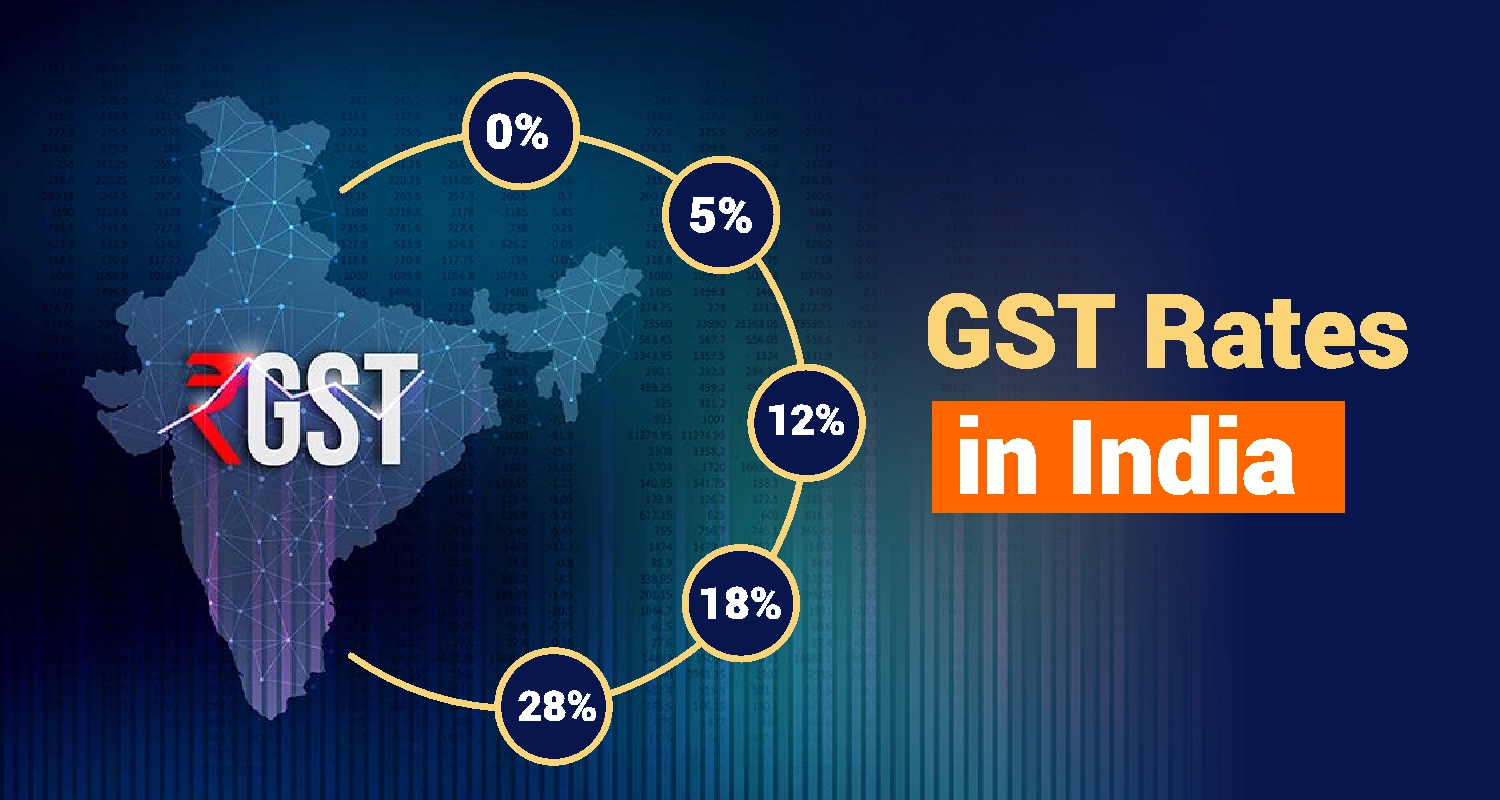- Flipkart Big Billion Days 2025: Unmissable Festive Deals Await
- Russian Cancer Vaccine. Is this vaccine 100% Effective?
- Hillhouse buys minority stake in Carlyle-backed Quest Global at $4.5b valuation
- ‘Jailed a tantri for revenge’: BJP, Congress launch fresh offensive against Pinarayi Vijayan govt over Sabarimala
- Antimicrobial Textile Market Size to Reach USD 25.55 Billion by 2035
Life insurance providers are well-prepared to navigate the GST exemption on premiums, effective September 22, 2025. Despite the loss of input tax credits, insurers are confident in mitigating impacts through strategic cost optimization and product repricing.
Life Insurance Industry Poised for Growth Despite GST Exemption Challenges

Starting September 22, 2025, life and health insurance premiums in India will be exempt from Goods and Services Tax (GST), a decision announced after the GST Council’s rate rationalization meeting. While this move aims to make insurance more affordable, it removes input tax credits (ITC) for insurers, prompting concerns about profitability. However, leading life insurance companies remain optimistic, leveraging strategic measures to minimize financial impacts and capitalize on long-term growth opportunities.
GST Exemption: A Double-Edged Sword
The GST exemption, as reported by sources like The Economic Times and Business Standard, is expected to lower premium costs for policyholders, potentially boosting insurance penetration in India. By eliminating the 18% GST on premiums, the government aims to make life and health insurance more accessible, especially for middle- and lower-income households. However, this comes at the cost of ITC, which insurers previously used to offset taxes on operational expenses like office costs, employee salaries, and marketing.
Insurers’ Confidence in Mitigating Impact
According to a Centrum Institutional Research report cited by The Economic Times, listed life insurance companies project a minimal impact on their Embedded Value (EV), with estimates suggesting a hit of less than 1%. Insurers are proactively addressing the ITC loss through strategies such as cost optimization, product repricing, and selective cost absorption. These measures aim to safeguard margins and maintain financial stability, as highlighted in analyses from Moneycontrol and Mint.
LIC’s Optimistic Outlook
The Life Insurance Corporation of India (LIC), the country’s largest insurer, has expressed strong confidence in navigating the GST changes. LIC anticipates an EV impact of under 0.5%, as per The Economic Times. The company views the exemption as a catalyst for industry growth, expecting an increase in the Value of New Business (VNB) as more customers opt for affordable policies. LIC’s robust market position and operational scale position it to absorb short-term challenges effectively.
Broader Industry Benefits
Industry experts, as quoted in Business Standard, suggest that the GST exemption could drive higher insurance adoption, particularly in underinsured segments. The affordability factor is likely to boost demand for term plans and health insurance, aligning with India’s goal of “Insurance for All” by 2047. Private insurers like HDFC Life and ICICI Prudential are also preparing to relaunch or reprice products to maintain competitiveness, according to Mint.
Short-Term Adjustments, Long-Term Gains
While the loss of ITC presents immediate challenges, the consensus among insurers and analysts is that the GST exemption is a net positive. The Centrum report maintains its sector outlook, emphasizing that strategic adjustments will limit financial strain. As insurance becomes more affordable, the industry anticipates sustained growth, with increased policy sales offsetting short-term margin pressures.
What’s Next for Policyholders and Insurers?
For consumers, the GST exemption translates to lower premium costs, making life and health insurance more attractive. For insurers, the focus remains on innovation and efficiency to navigate the ITC challenge. With proactive strategies and a favorable long-term outlook, the life insurance sector is well-positioned to thrive. Stay updated with trusted sources for the latest insights on India’s evolving insurance landscape.
NHPC enacts plan as Salal reservoir's capacity in Jammu & Kashmir shrinks 96% due to siltation
NHPC has launched a major desilting operation at the Salal Dam reservoir in Jammu and Kashmir, where silt buildup has reduced capacity by 96%, aiming
SBI aims to hike its green advances portfolio up to 10 pc by 2030
State Bank of India sets ambitious target to boost its green advances to 7.5-10% of total portfolio by 2030, supporting India's sustainable energy shi
After 14-hour surgery, Dipika Kakar confronts another medical challenge
Television actress Dipika Kakar faces a new liver cyst just months after her grueling 14-hour cancer surgery, prompting another medical procedure for
FMCG makers looks volume-based growth in FY’27 with EBITDA improvements as inflation softens
FMCG companies in India are shifting towards volume-driven growth in FY27, anticipating EBITDA improvements as softening inflation eases input costs a












